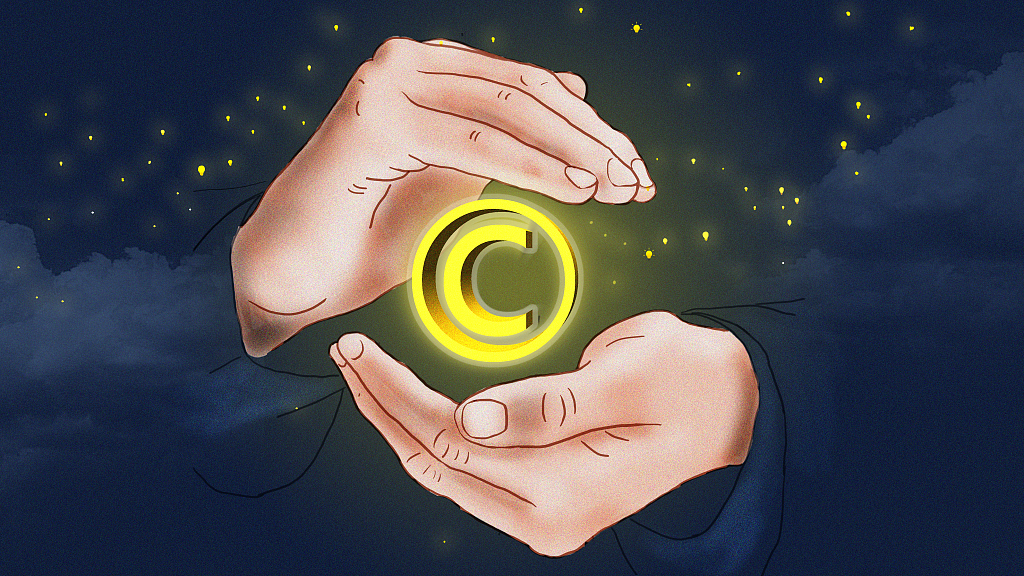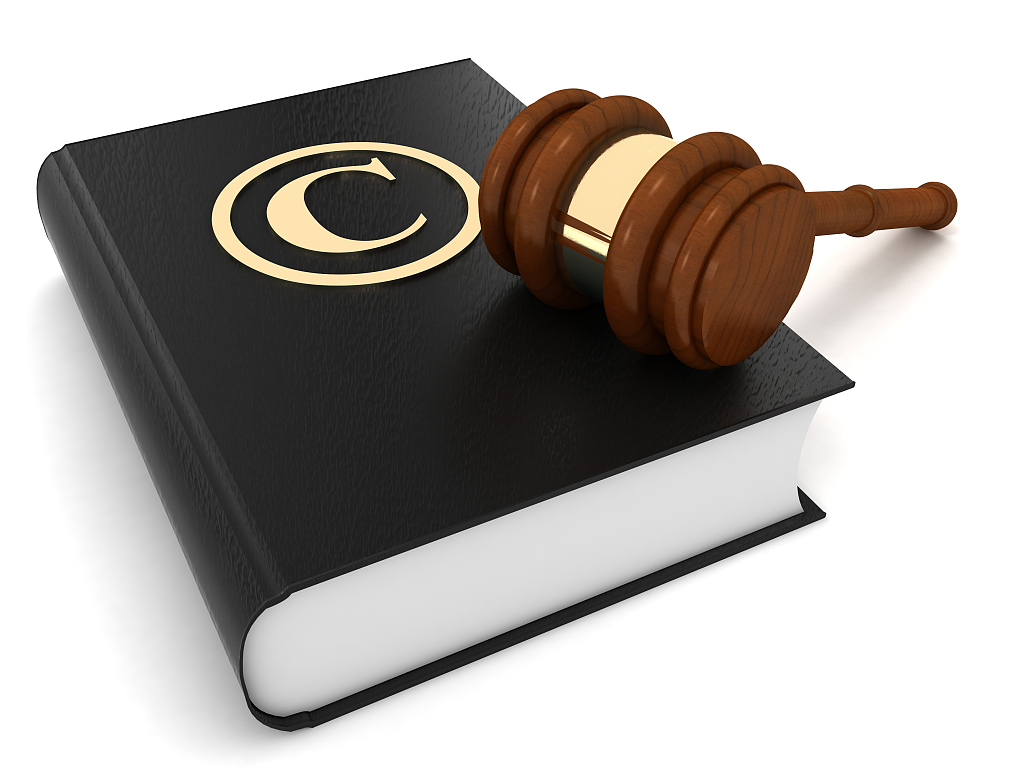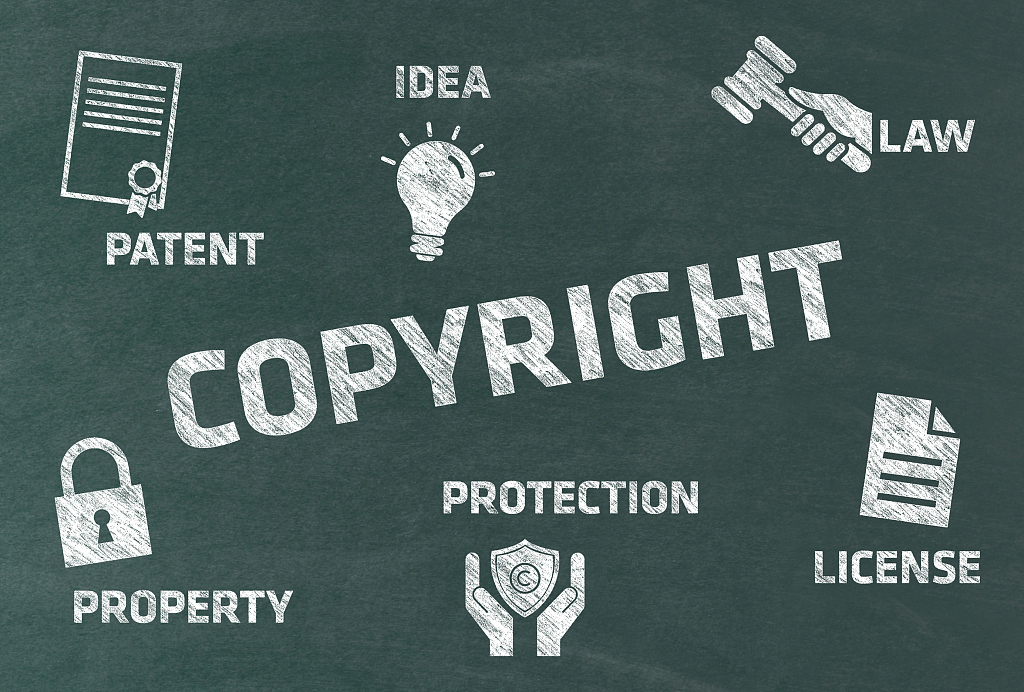
China launched a nationwide campaign to highlight and promote intellectual property rights (IPR) protection. /VCG
China launched a nationwide campaign to highlight and promote intellectual property rights (IPR) protection. /VCG
China launched a nationwide campaign to highlight and promote intellectual property rights (IPR) protection on Sunday, marking the 20th World Intellectual Property Day, according to the Copyright Society of China (CSC).
Initiated by the CSC and Douyin, one of China's most popular video-sharing platforms, the campaign invites celebrated artists, scholars and entrepreneurs to film a series of promotional videos to raise public awareness of the importance of IPR protection, especially copyright protection.
Nearly 20 celebrities, including renowned historian Yan Chongnian, painter He Jiaying and Luo Zhenyu, founder of the online learning app iGet, have teamed up to offer individual videos, calling upon the public to show respect for knowledge and join in protecting IPR.
The campaign, the CSC's first in-depth cooperation with a new media platform, also encourages netizens to post their own short videos online and share their opinions and advice on IPR protection, according to Sun Yue, vice president of the CSC.

The campaign encourages netizens to post their own short videos online, sharing their opinions and advice on IPR protection. /VCG
The campaign encourages netizens to post their own short videos online, sharing their opinions and advice on IPR protection. /VCG
Noting that the event also marks the Beijing Treaty on Audiovisual Performances that will take effect on Tuesday, Sun expressed hope that the campaign could reach a wider audience and draw more participation in this way so that it would better promote IPR protection in the whole society.
With Indonesia's ratification on January 28, the Beijing Treaty will enter into force for its 30 contracting parties on April 28.
The Treaty was adopted by member states of the World Intellectual Property Organization (WIPO) in 2012, at a diplomatic conference hosted by the Chinese government in Beijing, from where it takes its name.
Enhanced juridical protection for IPR

China has ramped up efforts to provide clear guidance and improved juridical services for IPR protection. /VCG
China has ramped up efforts to provide clear guidance and improved juridical services for IPR protection. /VCG
Aiming to deal with the intellectual property rights of performers in audiovisual performances, the Beijing Treaty will build up the level of protection offered to performers by the international community and promote the development of the audiovisual industry, said Yu Cike, director of the copyright management department under the National Copyright Administration, at a recent press conference.
World-famous Spanish actor Javier Bardem described the Beijing Treaty as "the most important thing that has happened to actors since the invention of cinema" while commenting on actors' rights.
WIPO Director General Francis Gurry believed that the Treaty would bolster performers' rights to their work, and promote the economic sustainability of the audiovisual industry as well.

More courts and institutions are set up across the country to deal with intellectual property cases that require specialized knowledge. /VCG
More courts and institutions are set up across the country to deal with intellectual property cases that require specialized knowledge. /VCG
China has ramped up efforts to provide clear guidance and improved juridical services for IPR protection. Additionally, an increasing number of courts and institutions have been set up across the country to deal with intellectual property cases that require specialized knowledge.
Since 2014, special intellectual property courts have been set up in over 20 cities, including Beijing, Shanghai, Guangzhou, Wuhan, Chengdu and Nanjing.
Chinese courts received more than 480,000 IPR cases in 2019, with more than 470,000 cases concluded, according to the Supreme People's Court (SPC).